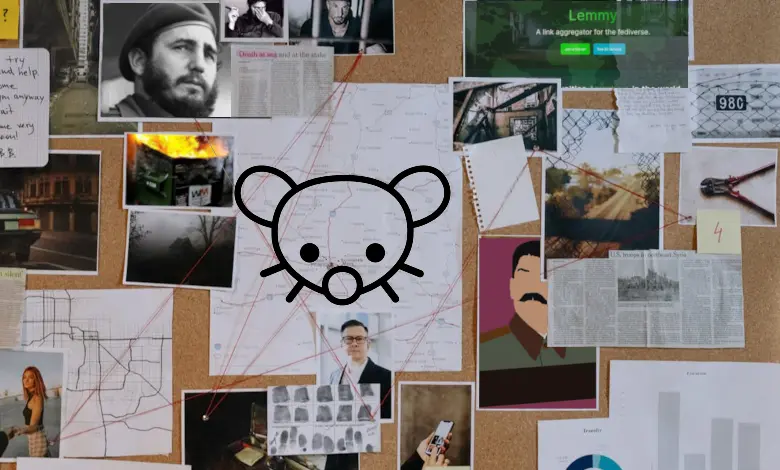Lemmy's Image Problem (Updated 02-06-2024)
Lemmy's Image Problem (Updated 02-06-2024)

wedistribute.org
Lemmy's Image Problem

Highlighting the recent report of users and admins being unable to delete images, and how Trust & Safety tooling is currently lacking.
